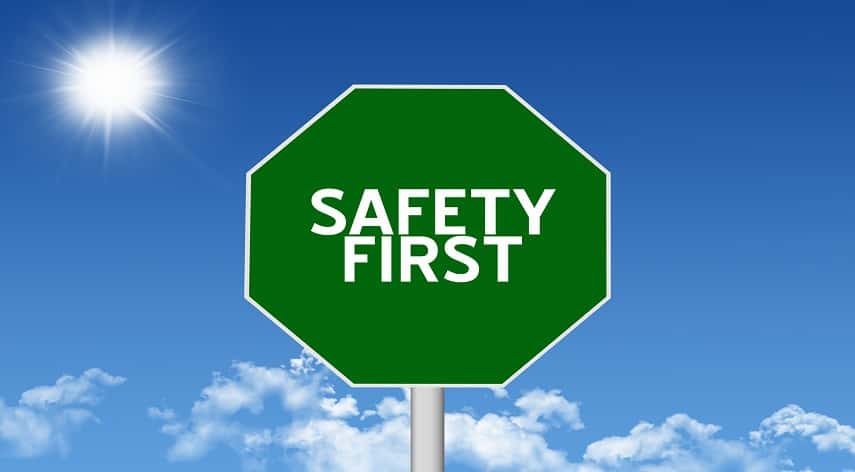The Importance of Diplomatic Safety

Over 70 percent of Americans believe that diplomacy is a key part of ensuring peace.
But, whether you’re a diplomat yourself or just in charge of sending them away, it’s important to make sure they’re safe.
So, what do you need to understand about diplomatic safety? Read on to find out about the importance of diplomatic safety.
Table of Contents
ToggleWhat Is Diplomatic Safety?
Diplomatic safety refers to the protection and security of diplomats and diplomatic missions. It is essential because it ensures that diplomats can carry out their official duties without fear of harm or intimidation.
This is necessary for maintaining good relations between countries. And for facilitating diplomatic negotiations and agreements.
This includes measures to ensure the safety and security of embassy personnel and facilities. It also requires the protection of diplomatic convoys and other official government transportation.
And, it involves managing secure communications and information systems, as well as emergency response planning and training.
Benefits of Diplomatic Safety
There are a lot of different benefits to strong diplomatic safety. For one, Diplomatic safety measures ensure that diplomats and their families are protected from physical harm, kidnapping, or other attacks.
This helps to maintain friendly relations between countries. By protecting diplomats and diplomatic missions from harm, they ensure that they can carry out their duties safely.
Diplomatic safety allows for the free flow of communication between countries, which is crucial for diplomatic negotiations and decision-making.
It can help to reduce tensions and promote understanding between countries. It allows diplomats to engage in peaceful dialogue and resolve conflicts through diplomatic means rather than resorting to violence.
This practice is also necessary for compliance with international law, particularly the Vienna Convention on Diplomatic Relations. This requires host states to protect the persons and property of foreign diplomats.
Improving Diplomatic Safety
There are a lot of ways you can help to improve diplomatic safety. You should start by having clear communication channels in place.
Ensure that all parties involved in diplomatic interactions have a clear understanding of the communication channels that will be used and the protocols for using them.
Watch out for potential security risks and take steps to avoid them. This can include the following:
- Securing diplomatic facilities
- Providing security personnel
- Ensuring that diplomatic personnel have access to emergency response resources
If you’re having trouble, you can look into options like Executive Protection.
Diplomatic safety can be improved by fostering cultural understanding and building strong relationships with local communities. You may want to try things like cultural exchange programs, language training, and engagement with local leaders.
You should also encourage open communication and transparency in diplomatic interaction. This will build trust and reduce the potential for misunderstandings.
Planning Ahead
You’ll want to provide training to diplomatic personnel on safety protocols, emergency response procedures, and cultural sensitivity.
Regularly assess the effectiveness of current safety measures. And make adjustments as needed to ensure that diplomatic personnel remains safe and secure.
Having a plan in place for dealing with crises can help to ensure that diplomatic personnel can respond quickly and effectively to potential threats.
Diplomatic Safety: Invest Today
There’s a lot that goes into diplomatic safety, so it’s important to have a strong grasp of the subject.
Do you want more advice on various security topics? We can help. Don’t forget to browse through some of our other relevant posts.
Pankaj Majumder, a seasoned Civil Engineer, combines technical expertise with a passion for innovative infrastructure solutions. With a strong academic background and diverse project experience, he excels in creating sustainable and resilient structures that shape the future of urban development.
Recommended For You
Spread the loveAre you worried about passing a nail follicle drug test? Rest assured, you’re not alone. Many people find
Spread the loveThe anticipation, the excitement, the moment of revelation – gender reveal parties have become a cherished tradition for
Spread the loveLooking to book a memorable date with your significant other? Consider taking a stylish couples vacation. You’ll find a variety of


